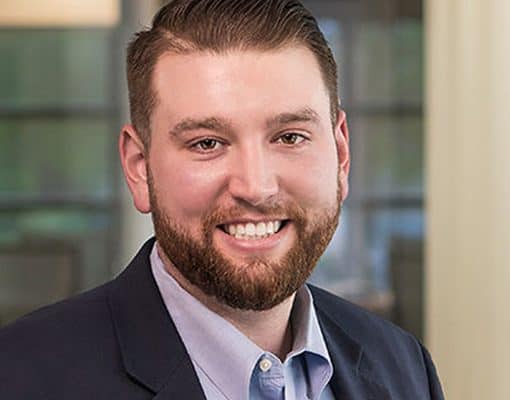
Greenspring Advisors’ Zack Hubbard Named an Excellence Awardee in the Advisor of the Year (Northeast) category by InvestmentNews
Greenspring Advisors is pleased to announce that their Director of Financial Planning & Participant Engagement, Zack Hubbard, CFP®, has been named an Excellence Awardee in the Advisor of the Year (Northeast) category by InvestmentNews.
Read More »







